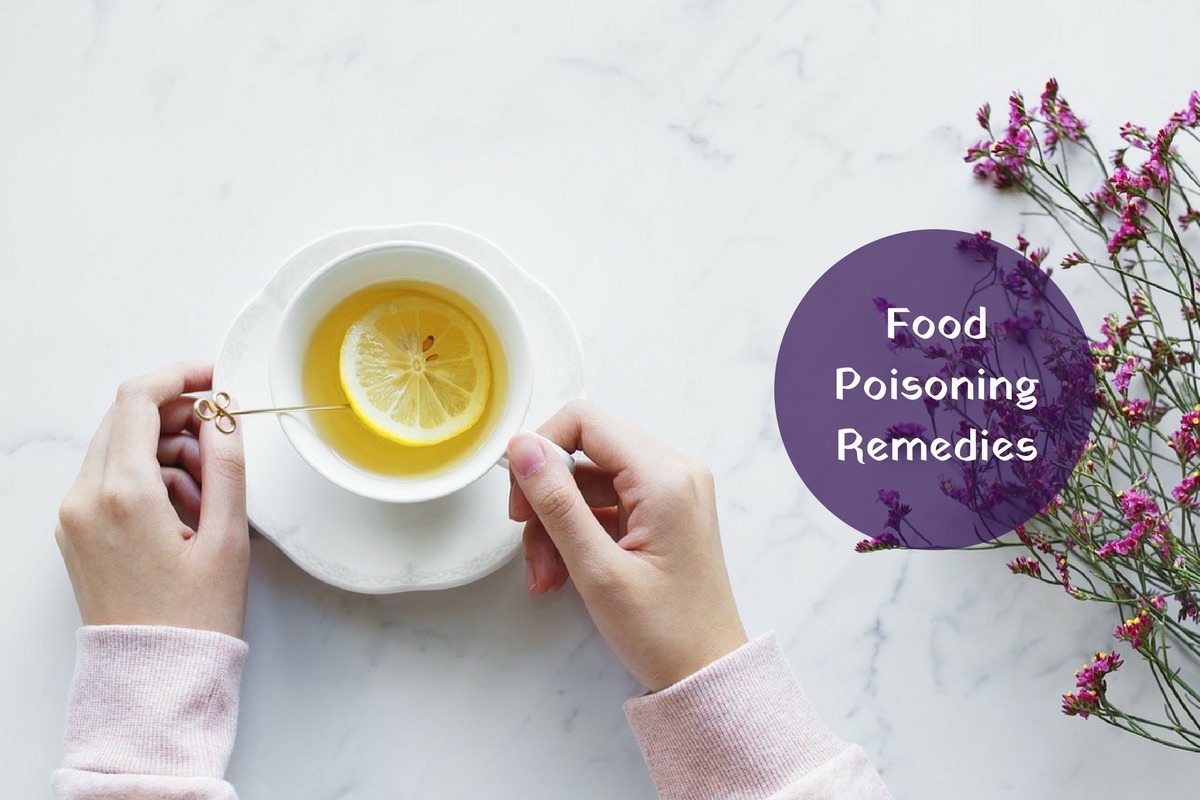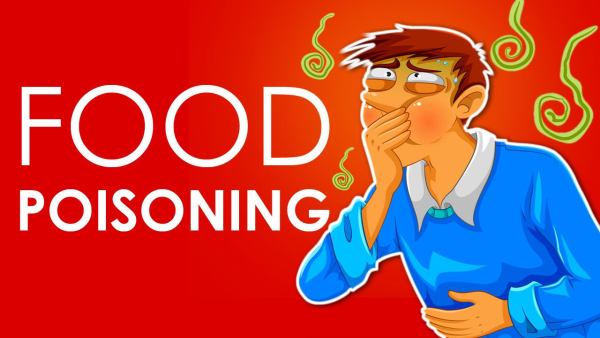

If you or your child have diarrhea, you should drink plenty of fluids and try to avoid foods that can cause you to get sick, such as raw eggs and raw vegetables.You should also call your doctor if your child’s fever is above 103 F (39.5 C) or if you have signs of dehydration. If your child has diarrhea, you should take him or her to the doctor right away.Keep your refrigerator doors closed when you’re not using it.Make sure that your refrigerator is clean and that it has a tight door.Keep your refrigerator and fridge temperature at 36 8 F (2 32 C).Wash fruits and vegetables before eating them.Make sure that you store your food properly to prevent food poisoning.Wash your hands thoroughly with soap and water before preparing or eating food.There are several things that you can do to help prevent a food poisoning outbreak from happening again. What can I do to prevent a food poisoning outbreak from happening again? The complications of food poisoning can be particularly serious in babies, older adults, and people with compromised immune systems. Dehydration can cause a number of complications, such as: Without treatment, food poisoning can lead to dehydration and malnutrition. What are the long-term complications of food poisoning? Fever that’s higher than 103 F (39.5 C).You should also call your doctor if you have any of the following symptoms: You should call your doctor if you have signs of food poisoning, such as: Avoid foods that can cause you to get sick, such as raw eggs and raw vegetables.You should also take any medicines that you’re prescribed to make sure that you’re feeling better. If you’re feeling sick, it’s important to stay hydrated. You should also try to drink as much water as possible. If you’re vomiting, you should try to stay hydrated.


If you’re nauseated, you should lie down or sit down and try to relax. Foods that contain high amounts of fat, such as fried foods and fatty foods (such as doughnuts and chocolate).Foods that contain high levels of salt, such as seasoned salt shakers, pickles, and hot dogs.Caffeine-containing foods, such as chocolate, tea, and coffee.To keep from getting dehydrated, you should avoid: You should also try to avoid foods that contain caffeine, which can cause you to become dehydrated. If you’re vomiting, you should try to drink as many fluids as possible.
FOOD POISONING MEDICATION PROFESSIONAL

The following foods are a common cause of food poisoning: Keep your food separate from other foods and make sure that all the ingredients are washed with clean water before use. You can help prevent food poisoning by preparing and cooking meals carefully. What is the best way to prevent food poisoning? If you are at risk for dehydration, you should drink plenty of fluids.Avoid foods that can be a food source for the food poisoning virus.Drink plenty of fluids to help prevent dehydration.The type of treatment you should receive depends on the cause and severity of the illness. The symptoms of food poisoning usually resolve within 24 hours. The outlook for food poisoning is excellent if you receive treatment quickly. These complications are more likely to occur if you have diabetes. If you have a fever or vomiting, you should see a doctor as soon as you can. People who are dehydrated are more likely to have severe symptoms of food poisoning. This is because the food poisoning toxins, such as the Norovirus, enter your body through your mouth and get into your bloodstream. If you have food poisoning, you may feel nauseous and have diarrhea.


 0 kommentar(er)
0 kommentar(er)
